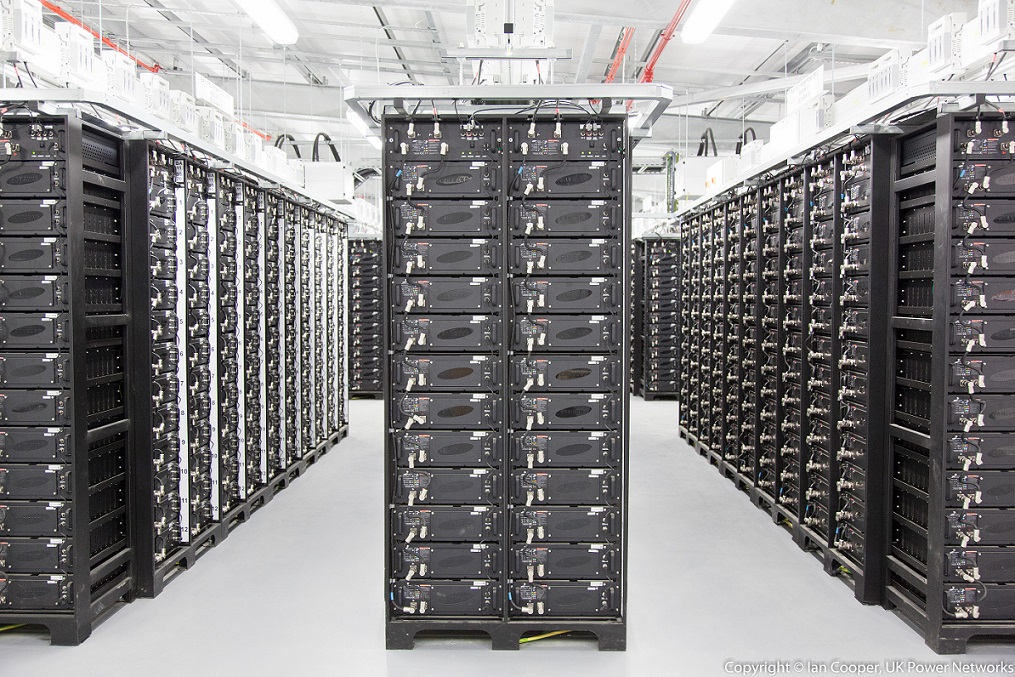
Solar batteries allow you to store and maximise the efficiency of the energy generated by your home’s solar panels.
They effectively allow you to use your solar panel generated electricity exactly when and where you need it, and as energy becomes an ever more valuable commodity, their popularity has soared.
With a solar battery in place, you can tailor your home’s energy usage specifically to your needs and if you choose to sell energy back into the national grid, you will be able to do so at peak times when the tariffs are most appealing.
Despite this, they are still a relatively niche addition to domestic homes in the UK, even among Solar Panel owners for several reasons.
One of the main ones is that a lot of people are unaware of either what a solar battery does, or even that they exist in the first place.
This expert guide will help you get to know solar batteries in much more detail and give you a better idea of whether acquiring one would be a worthwhile investment for your home.
What are solar batteries?
Solar batteries, or home batteries, are a way for homeowners to store electricity at a certain point during the day so it can be used when most required.
The main purpose of this is to avoid paying peak electricity prices by either charging the battery during the day using Solar PV panels or charging it through the mains outside of peak times, when tariffs are lower.
The electricity produced by either means is either stored before the inverter as Direct Current (DC), or after the inverter as Alternating Current (AC).
There are benefits and limitations of both these storage types with a DC battery system benefiting those with a three phase electric supply and a three phase inverter but resulting in minor losses for those who are paid incentives for their electric generation.
What is the capacity of a solar battery?
The amount of energy that can be stored in a solar battery varies widely between models with the majority having a storage capacity of somewhere between 2kWh and 14kWh.
To put this into perspective, a 2kWh battery can store enough energy to provide 2000 watts of electricity for one hour, enough to power a standard sized modern domestic refrigerator for around 12 hours.
Some modern systems allow you to increase the maximum capacity of the unit by installing extra batteries into the system at a later date to increase the storage size.
This can be a good way to purchase a solar battery in an affordable manner without limiting the capacity, as you are able to gradually add to the system over time.
How much is a solar battery?
The initial purchase price of a solar battery varies depending on the capacity and energy efficiency of the system in question.
Solar batteries range from around £400 per kWh to around £800 per kWh depending on the company you choose, the life cycle of the battery, the materials used, the capacity, and whether or not additional units can be fitted alongside the initial batter in the future.
The price of solar batteries looks set to fall in the near future as more and more electric vehicles hit the road, due to the fact that it is possible to repurpose used car batteries into home battery systems.
Advantages and Disadvantages of solar batteries
Like with any investment, it is important to consider both the pros and cons of a solar battery system before making your decision.
Advantages of using a battery to store Solar PV generated electric include:
- Being able to store unused electric rather than selling it to the grid for whatever the offered tariff is at that time.
- Lower electric bills.
- Export electric back to the grid when rates are at their peak, maximising its value
- Protect yourself from electricity price hikes in the future.
Potential disadvantages include:
- Significant upfront cost which will take several years to make back.
- Maximum lifespan of around 15 years – Less than half that of solar panels.
How to get the most out of your solar battery
There are some simple steps that you can take to ensure that your are making the most out of your new solar battery.
These include using the energy to run electrical appliances as opposed to heating or hot water, and avoiding using a large number of appliances at the same time as this demand may be higher that the maximum discharge rate of your system.
Do I need solar panels?
Given the name, you could be forgiven for thinking that a solar battery system must be combined with Solar PV panels, but this is actually not the case.
Many people use their battery to store electricity bought directly from the grid during off peak hours and use it during peak times to avoid paying the significantly more expensive tariffs.